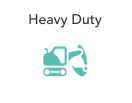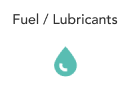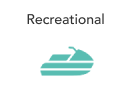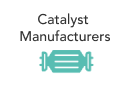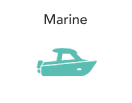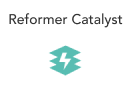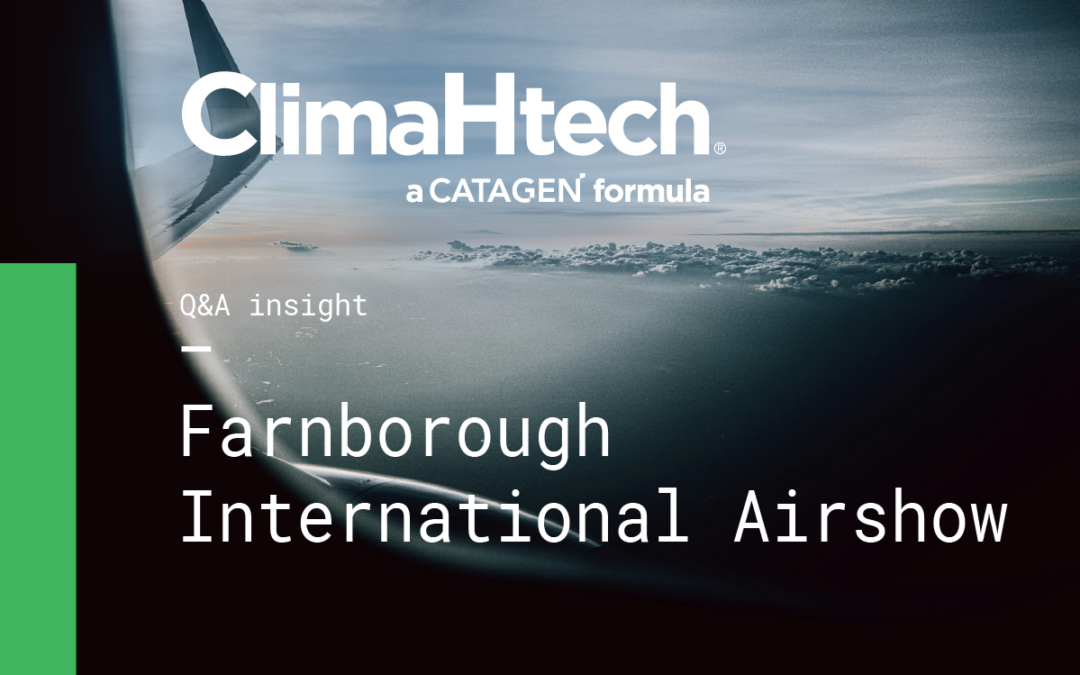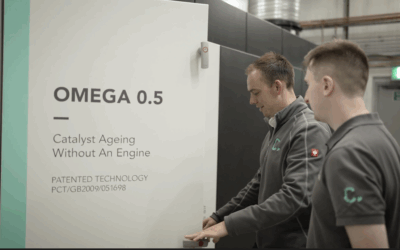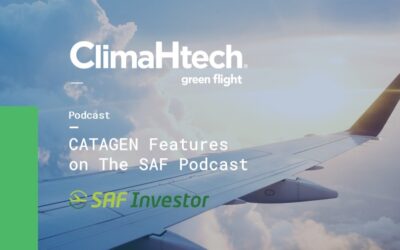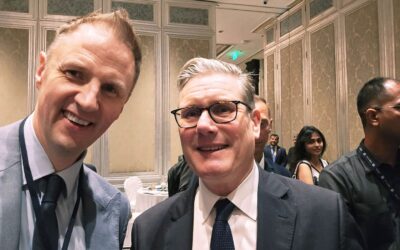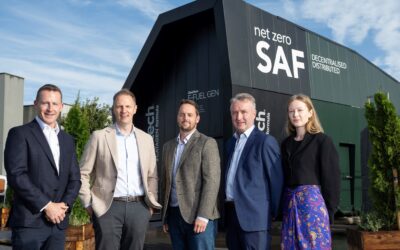The CATAGEN team visited Farnborough International Airshow this year, which took place on the 22-26th of July at Farnborough International Exhibition and Conference Centre.
Farnborough International Airshow takes place every 2 years and since its beginning in 1948, Farnborough International Airshow has earned a reputation as the world’s best airshow, embodying a spirit of innovation. It has been the stage for numerous historic aviation milestones, including the first public appearances of the iconic Concorde and the formidable Eurofighter Typhoon.
CATAGEN’s Dr. Andrea Ahern, ClimaHtech SAF Lead, took part in a panel discussion at the Aerospace Global News Theatre on Wednesday the 24th of July 2024 at 12.25pm.
The panel focused on the theme of “Achieving Net-Zero: The Role of Innovation, Technology, and Government in the Aerospace Industry”. The session discussed the journey towards Net Zero that the aerospace industry must make, with a specific focus on the critical roles played by governments, cutting-edge technologies, and the entire ecosystem in this transformation. This session provided a roadmap for stakeholders to contribute effectively to the aerospace industry’s sustainability goals and ensure the viability of sustainable air travel for future generations.
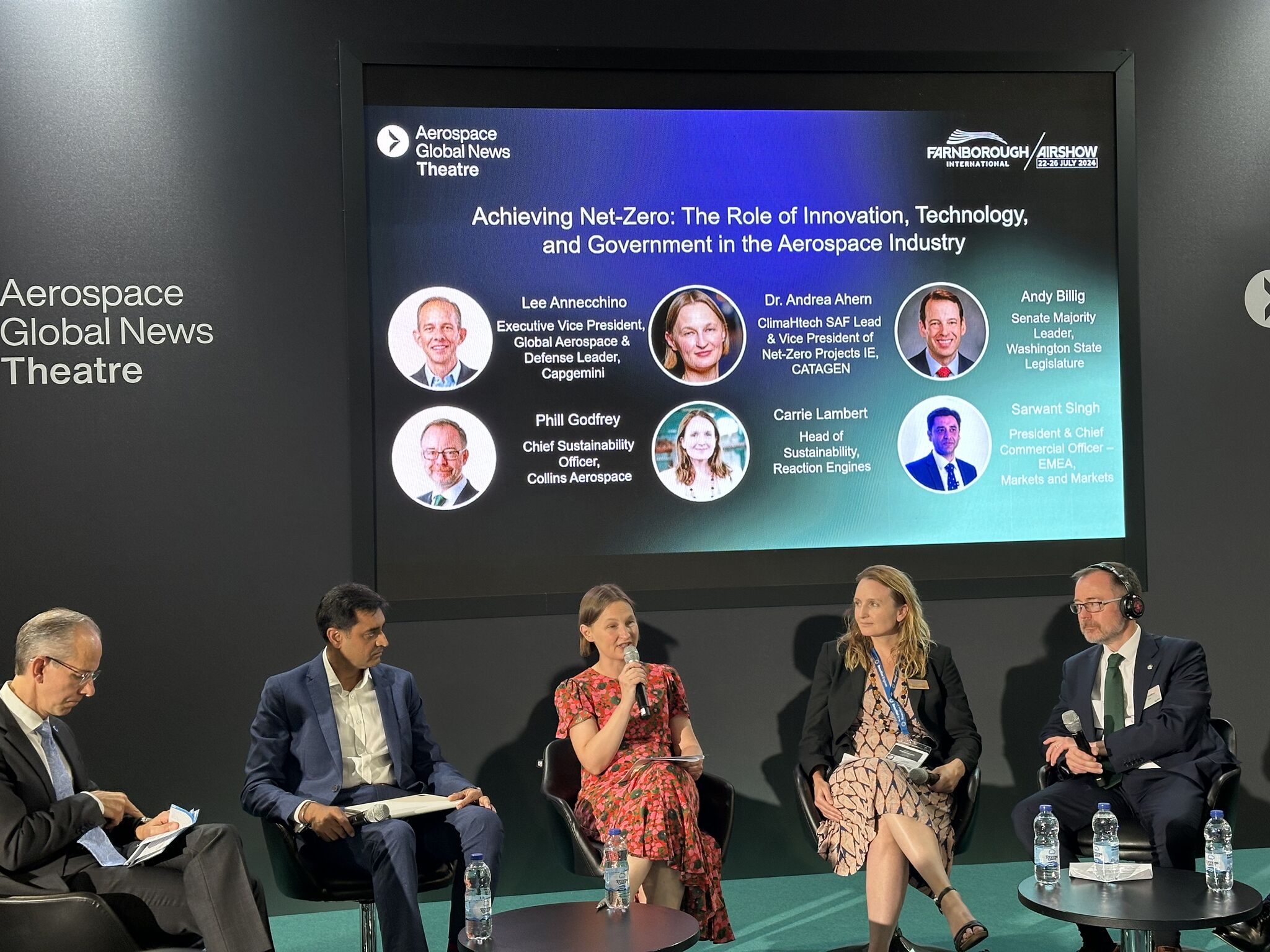
As a recap of the panel session, we had a chat with Andrea about the key trends and outlook of decarbonisation in the aviation and aerospace industries…
Q&A with Andrea
What would you consider to be the greatest opportunities in scaling up production and adoption of SAF across the aerospace industry?
The industry needs to change as aviation contributes about 2.5% of global annual emissions. Stricter emissions targets, SAF mandates and carbon offsetting requirements mean that airlines need to adopt SAF, which can reduce emissions by up to 80% compared to fossil jet fuel. This environmental imperative is a strong driver for change.
To combat the financial hurdles, subsidies, tax credits, and other financial incentives from governments can lower economic barriers and encourage investment in SAF. ClimaHtech’s E-FUEL GEN was developed under the UK Department of Energy Security and Net Zero’s Net Zero Innovation Portfolio, which makes the R&D of industry-revolutionising technology possible.
Public-private partnerships and industry-wide commitments can pool resources and share risks, driving collective action towards SAF adoption. Long-term contracts between airlines and SAF producers can also provide financial stability and encourage more investment in production capacity. These partnerships can be structured strategically to mitigate the issue of sustainable feedstock sourcing and facilitate the scaling and optimisation of technologies and processes.
“The recently announced UK SAF mandate coming into effect in January 2025 is a welcome step that should act as a driver for the scaling of SAF production and adoption.” – Dr. Andrea Ahern.
The mandate creates a guaranteed market for SAF, driving demand and providing a more predictable business environment. This certainty can attract investment into SAF production facilities and research, accelerating the development and scaling of the industry. Mandates also help level the playing field with conventional jet fuel by ensuring a baseline level of demand, which can lead to economies of scale and cost reductions over time. Additionally, regulatory support through mandates and revenue certainty mechanisms can encourage innovation and the adoption of new technologies in SAF production, further enhancing sustainability and efficiency.

How can the ClimaHtech System contribute to the decarbonisation of the aerospace and aviation industries?
The ClimaHtech E-FUEL GEN technology produces energy dense liquid e-fuels, an essential future fuel in a Net Zero economy. ClimaHtech E-FUEL GEN can produce SAF from wind, water and air (e-SAF) and from wind and sustainable organic waste (bio-SAF).
According to the International Air Transport Association (IATA), SAF could contribute around 65% of the reduction in emissions needed by the aviation sector to reach net zero in 2050. To achieve this, it is expected that 449 billion litres of SAF will be required by 2050 and CATAGEN’s E-FUEL GEN technology can contribute to this.
Recently, it was announced that CATAGEN was the first to submit a SAF sample to the newly established EU SAF Clearing House in Dublin, Ireland. Read more about this from the press release.
CATAGEN’s ClimaHtech Technologies
ClimaHtech is an acceleration system towards decarbonisation using advanced climate technologies to generate renewable hydrogen, biohydrogen and gHreen e-fuels with complementary systems for carbon capture and hydrogen compression.
Learn more about the E-FUEL GEN technology in the video below…
CATAGEN’s mission is to clean and decarbonise the air, and through the ClimaHtech system, we can decarbonise hard-to-abate industries such as cement, aviation, mobility, heavy machinery, marine, and more.
CATAGEN’s ClimaHtech E-FUEL GEN technology will reach full-scale demonstration by Q4 this year. Contact Dr. Andrea Ahern to explore how CATAGEN can accelerate decarbonisation in the aviation and aerospace industries.

Dr. Andrea Ahern
ClimaHtech SAF Lead and VP of Net Zero Projects IE
Andrea is passionate about the key role that Sustainable Aviation Fuel (SAF) can play in delivering net-zero emissions for the aviation sector. She is currently ClimaHtech SAF Lead and has pitched CATAGEN’s ClimaHtech e-SAF and bio-SAF technologies at the Colorado Cleantech Industries Association Sustainable Aviation Cleantech Challenge in Denver in March and at the Sustainable Skies World Summit in Farnborough. Andrea has over 20 years of experience in the energy and net zero technology sectors, alongside a PhD in Electrochemistry from University College Cork.
EICMA 2025 Reflections: Building a Cleaner, Collaborative Future for Euro 5+ Compliance
After returning from EICMA 2025 in Milan, Amanda Martin, CATAGEN's Green Emissions Testing (G.E.T)...
CATAGEN Expands Green Emissions Testing Services into North America Following Breakthrough Year and Success at Automotive Testing Expo
Belfast, Northern Ireland – October 2025:CATAGEN Green Emissions Testing (G.E.T.), a global leader...
CATAGEN Features on The SAF Podcast – The Modular Route to Decentralised SAF Supply
On October 8th, Mel Courtney, CEO of ClimaHtech Green Flight, joined host Oscar Henderson on The...
PRESS RELEASE: CATAGEN Showcases UK Clean-Tech Innovation in India to Advance Hydrogen Compression and Sustainable Aviation Fuel Collaboration
9 October, Mumbai, India - From Belfast to Mumbai: UK Innovation Powering Global Net Zero CATAGEN,...
PRESS RELEASE: CATAGEN Launches Sustainable Aviation Fuel Company
17 SEPTEMBER, BELFAST - A new sustainable aviation fuel company has been launched, using...
PRESS RELEASE: CATAGEN unveils revolutionary ClimaHtech Hydrogen Compressor at Gastech 2025
9 SEPTEMBER, Milan, Italy - CATAGEN Group Chair Dr. Andrew Woods launches the next-generation...


